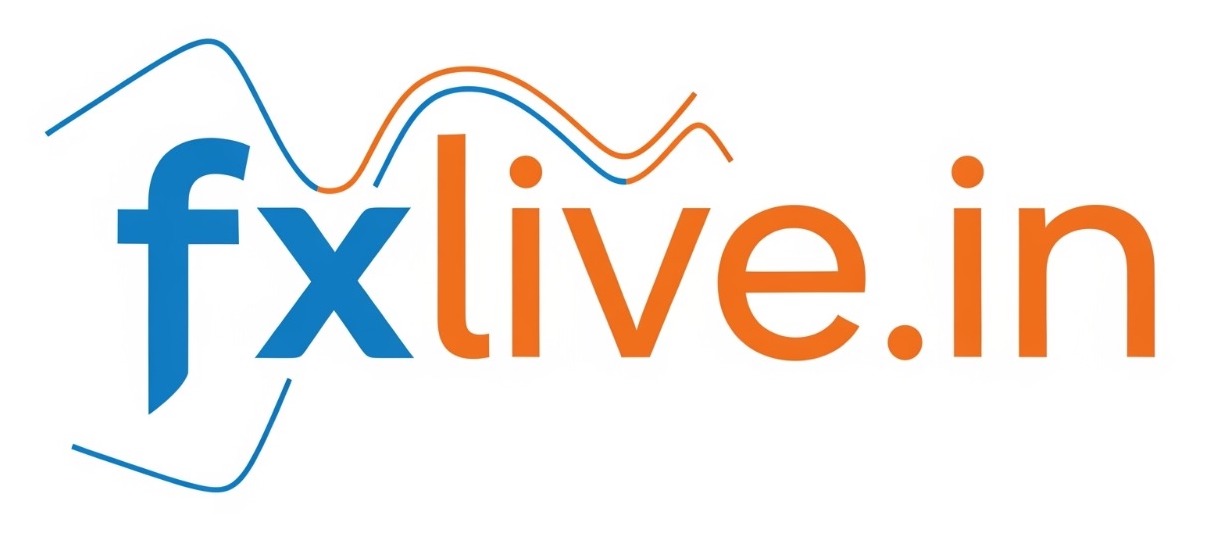Former RBI Governor and renowned economist Raghuram Rajan has expressed strong views regarding India’s ability to fully trust the United States, arguing that recent US actions have caused deep disappointment and undermined the growing strategic relationship. His comments are primarily based on the US imposition of high tariffs on Indian goods and the perceived political nature of these trade actions.
Here are the full details of his arguments regarding the lack of trust:
🛑 The Core Argument: The Tariff Shock and Disappointment
Rajan’s core argument centers on the shock felt in New Delhi over the US imposing steep tariffs on Indian products, especially when compared to those levied on other countries.
- Disparity in Tariffs: Rajan highlighted that the US imposed a 50% tariff on Indian imports, which is among the highest for any American trading partner, and significantly more than the 19% tariff rate reportedly applied to Pakistan.
- Questioning the “Friendship”: He explicitly questioned the value of the publicly “extolled friendship” between the US and Indian leadership, stating that the tariffs felt like a “slap in the face” for the Indian government.
- Being the Most Tariffed: Rajan pointed out the irony of India being the most tariffed country in the world (more than China) while Washington simultaneously seeks a military and strategic alignment through groups like the QUAD. He argued that such actions undermine the strategic relationship.
💔 Historical Basis for Mistrust
Rajan noted that the recent trade actions reinforce a historical pattern of the US prioritizing its own interests over India’s, which creates long-term skepticism:
- The 1971 Precedent: He drew a parallel to the 1971 Indo-Pak War, where the US (under Nixon and Kissinger) “tilted” toward Pakistan by sending the Seventh Fleet to the Bay of Bengal. This action, Rajan said, pushed India into the Soviet camp for 25 years and demonstrated that such moves stay long in people’s minds, establishing a foundation of distrust.
- Trade as an Exercise of Power: Rajan emphasized that the tariff negotiations were not about a balanced trade deal, but an “exercise of power,” where the US was essentially dictating terms. He warned that this “hard to negotiate with a gun to your head” approach discourages genuine partnership.
🎯 Targeting India’s Key Sectors
Rajan also highlighted that the US trade actions were damaging to critical Indian economic sectors:
- Impact on Small Exporters: The 50% tariffs severely hurt small and medium enterprises (SMEs), particularly those in labor-intensive sectors like textiles, shrimp, and gems and jewelry. Once these supply chains are disrupted, Rajan warned, they are hard to rebuild as competitors like Bangladesh or Vietnam take up the slack.
- Threat to Services Sector: He cautioned that the proposed US HIRE (Halting International Relocation of Employment) Act, which could impose a 25% excise tax on outsourced services, poses an even greater, more existential threat to India’s crucial IT and services export sector than the H-1B visa fee hike.

